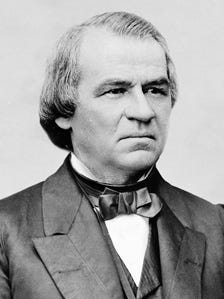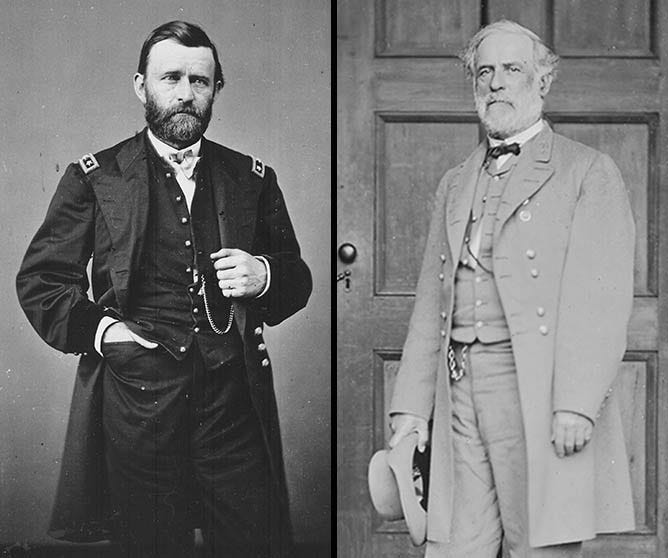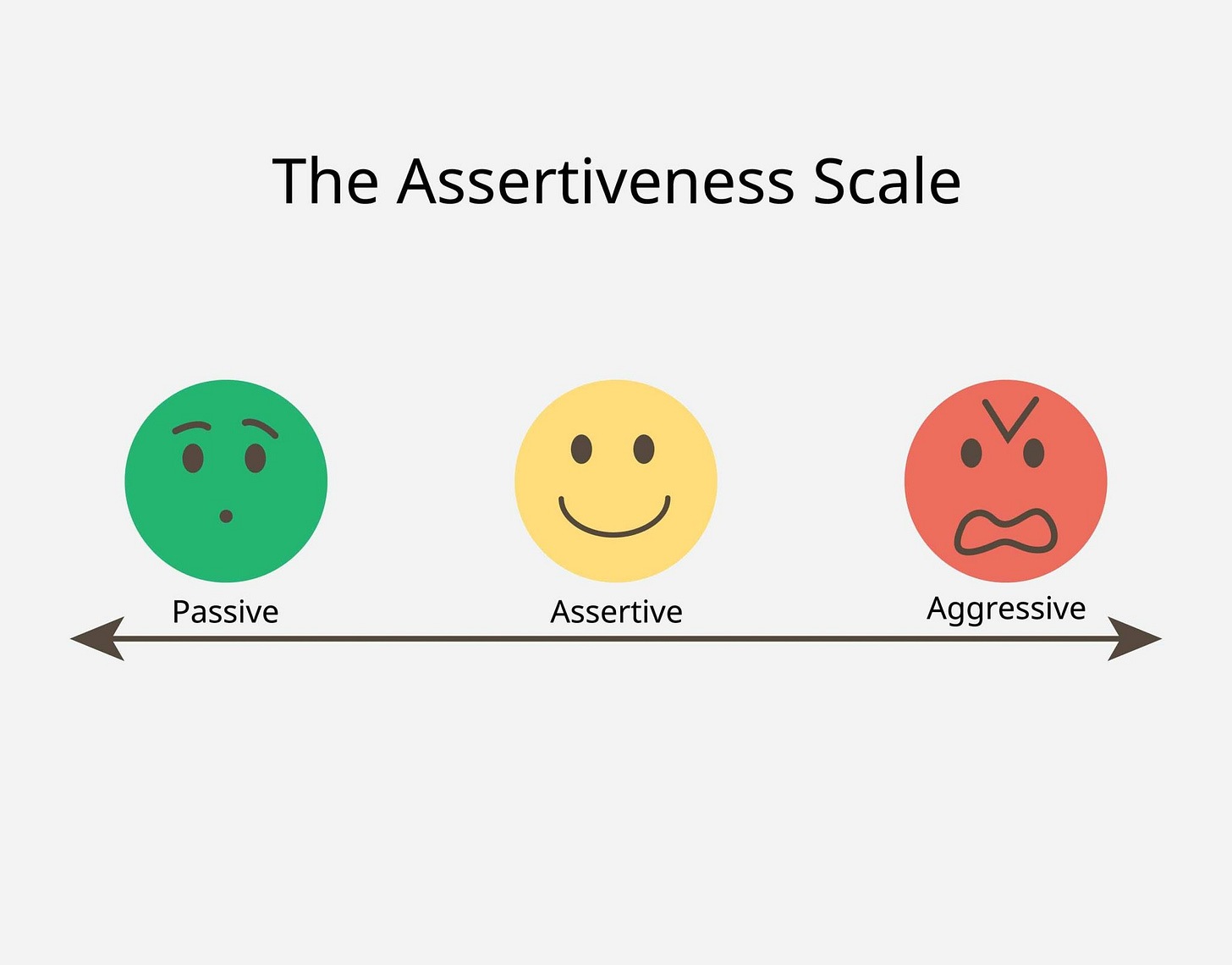Why We Struggle With Balancing Assertiveness and Kindness and How to Make Them Both Work For You
“Be calm, yet assertive. Be meek, yet courageous. Be gentle, yet bold. Be kind, yet strong.” ~ Charles F. Glassman
On April 9, 1865, General Robert E. Lee surrendered to General Ulysses S. Grant at the home of Wilmer McLean in Appomattox Court House, Virginia. A deadly war, costing 620,000 lives and lasting more than four years was finally coming to an end.
While Grant was relentless in his pursuit of victory, he was also generous in his terms of surrender. “I only knew what was in my mind,” Grant had said in describing his feelings on that fateful day.
Grant and President Lincoln had met earlier in the year to discuss the best way to preserve the Union. They agreed that reconciliation, not punishment, would provide the path to bringing the nation back together. It was a strange war, where brother fought against brother and friends fought against friends. Grant and Lee had fought in the Mexican War together and they had both attended West Point.
According to Pulitzer Prize winning author, Ron Chernow, “Grant put on no airs with his men and treated officers and ordinary soldiers with similar courtesy.”
Grant showed respect to General Lee, while hoping to set the stage for healing the divisions in the Union. The terms included, “…each officer and man will be allowed to return to his home, not to be disturbed by United States Authority so long as they observe their paroles and the laws in force where they may reside.” Grant also allowed the confederate soldiers to take their horses with them and he provided rations to the men, many of whom had been starving.
Grant’s kindness was soon to be tested. After Lincoln’s assassination just five days later, on April 14, 1865, Andrew Johnson was sworn in as the next president. Johnson held the view of many northerners that the confederates should be tried for their part in the war. On June 4, 1865 The New York Times wrote “…whether General Lee should be hung or not is a minor question.”
On June 7, 1865 treason indictments were handed down against General Lee and others, noting that the terms of the surrender were “a mere military arrangement, and can have no influence upon civil rights or the status of the persons interested.”
Grant met with President Johnson, but was dismayed to learn that the president intended to let the treason proceedings continue. Grant told Johnson that he would resign his commission if the surrender terms weren’t honored.
His assertive kindness won. Grant was a public hero and President Johnson knew the public would support Grant over him. Johnson sent a letter to the District Attorney in Norfolk to drop the proceedings and General Lee and his men were saved. Lee never learned how far Grant had gone to protect him.
Assertive Kindness Can Seem Confusing
General Grant was quiet and soft spoken, yet he was also assertively kind. So why do we often have trouble combining those two words?
We often mistake assertiveness as aggressiveness.
Assertiveness is about communicating your needs effectively with others. When you are assertive, you can be a voice for yourself and for others.
Verbal aggressiveness means demanding your needs while trying to make the other person feel bad or wrong.
We often use the two words interchangeably. They are really very different.
5 Benefits of Assertive Kindness
Research proves that there are significant benefits to being assertively kind.
Being assertive is scientifically proven to reduce anxiety
Assertiveness has been shown to reduce depression
Assertiveness can improve your mental health and well being
Assertiveness improves your self confidence and helps you stop worrying what other people are thinking of you
Assertiveness helps people of all ages with their self confidence. There is even proof that assertiveness reduces school bullying.
Assertiveness can be a major factor in relationship satisfaction
Why We Aren’t Assertive
Even though we know that being assertively kind has major benefits, our brain is often wired to reject being assertive. Here are some reasons why:
Fear of rejection
Feeling responsible for everyone’s happiness and well being (except for your own)
It’s safer to be a people pleaser
Worry about being perceived as too aggressive
Standing up for yourself makes you feel anxious
You don’t value yourself
You don’t know the skills to be assertive
Being Assertively Kind Takes Practice
Even though General Grant was a quiet, sensitive person, he learned how to be assertively kind by becoming an excellent communicator who considered his needs as well as the needs of others. His soft spoken style helped him state his positions without being perceived as aggressive. People listened to his words because he treated everyone around him with respect, courtesy, and fairness.
When you are first learning to be assertive, it’s easy to swing too far one way or the other, being aggressive, passive aggressive, or just passive.
To help you get started, first, practice saying what you want with someone you know. It could be something small, like saying why you want to go to a particular restaurant for dinner. Or why you’d prefer to go shopping alone. Or why you want to work on a project at work. You’ll be surprised at how effective you can be, simply by stating what you want in a kind way.
The habits that you have formed over the years determine how you behave. It’s not too late to can change your habits to become assertively kind. Start small, with one thing that you want. Practice stating your needs, calmly, concisely, and with consideration for the other person. As your confidence grows (and it will), take time to reflect on your success, the impact it has on you and on others. Over time, your brain will become rewired. You will become more self confident, be more respected, and improve your relationships and opportunities. It’s science!
May your week be filled with assertive kindness! 💚
PS - Visit the Kindness Magnet Library for a collection of all the articles.
PPS - Please help spread kindness by sharing Kindness Magnet with your friends. Thank you!
PPPS - If you’re interested in exploring Assertive Kindness for young children, check out this article by SocialSmarts by Manners&Co.








Hi Heather, Assertive kindness. That is a new concept for me and one that I like - a lot. Many of the reasons you listed are why I haven't pursued it sooner. It's time to give it a try.
Thank you, Heather, for the great history lesson. I knew none of that. It was the perfect example to illustrate your theme this week. Nicely done.